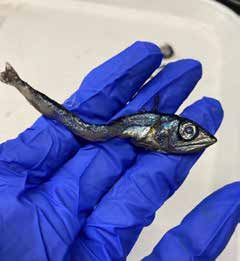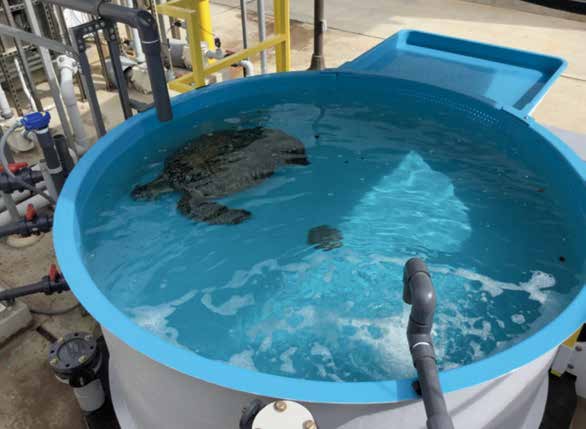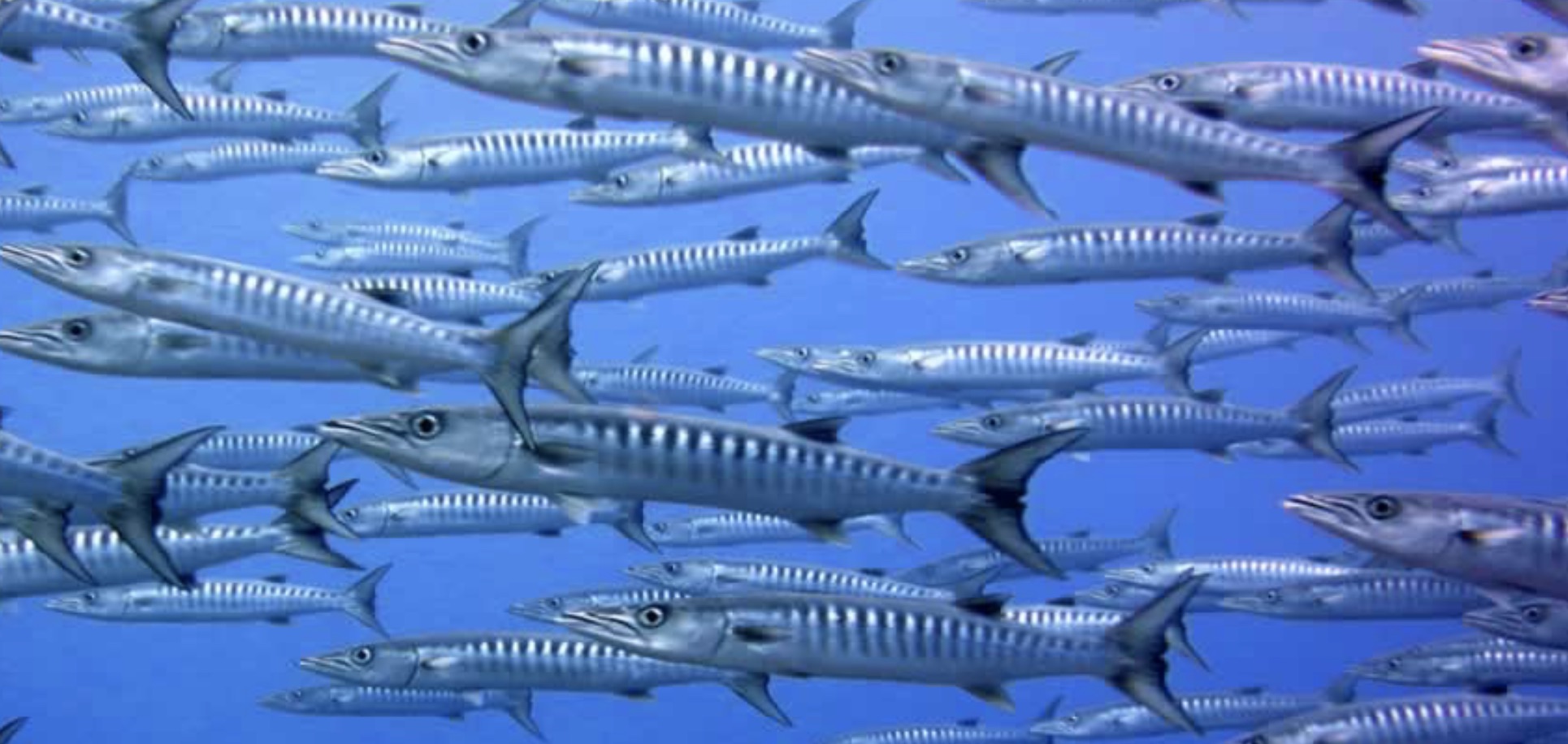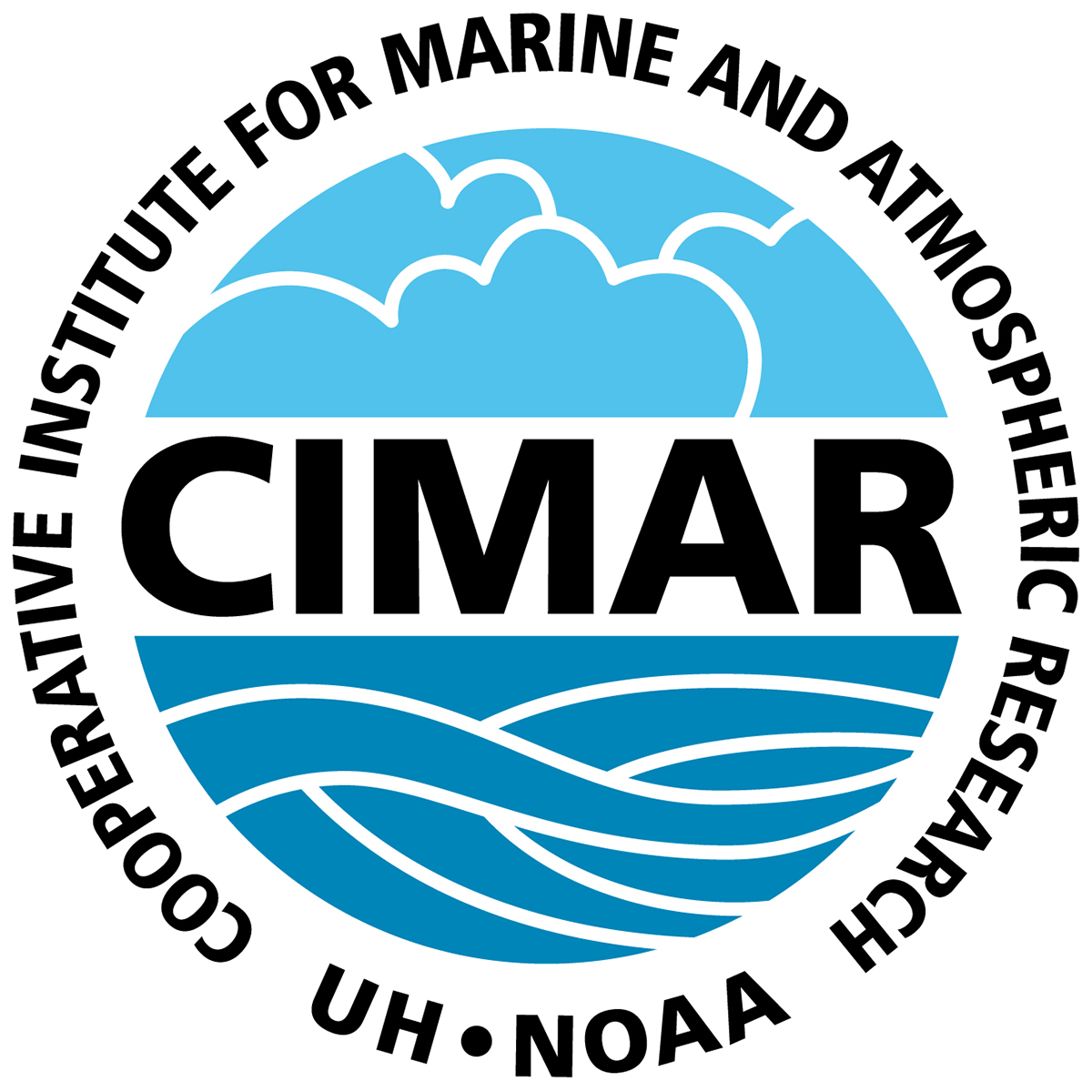Ecosystem Monitoring
Research within this theme is associated with the use of coastal observing systems, deep ocean observations, air-/space-borne remote sensing (e.g., planes, satellites, unmanned systems), and economic and social observing systems to understand and describe the present state of the various ecological environmental, economic, and social parameters in the Pacific Islands region. Research focuses on parameters determined or hypothesized to be key to predicting the impacts of climate change, population growth along the coastal zone, natural resource use, and other factors affecting the ecosystem. This theme includes research on data integration techniques and geospatial technologies (e.g., GIS and remote-sensing), as well as the development of tools that enable improved marine spatial planning, regional ecosystem forecasting, and ecosystem-based management policy decisions.
Ecosystem Structure & Function
This project conducts research to advance the understanding of an important marine ecosystem: the subtropical gyre. This work includes a range of approaches to understand the ecosystem, including how it is impacted by climate variability and change. One component of the project consists of processing and analyzing a time-series of lancetfish stomach contents collected by observers in the Hawai‘i-based longline fishery. Why? To develop an index of the pelagic micronekton community to describe the patterns of micronekton across the Central North Pacific (CNP). Additionally, the project examines data to assess trends in catch composition and to identify drivers of this change. Ecosystem modeling approaches are also used to evaluate changes in ecosystem structure and function as well as the vulnerability of species to climate change. Read more in the Annual Reports.

Ecosystems Observations & Research Program: Research Support Project
The CIMAR Ecosystems Observations and Research Program (EORP) monitors and conducts research on ecosystems that involve marine species and resources of concern to NOAA in the Pacific Islands Region. The project activities yield advice to those charged with management of the resources. Project activities include: • Aquaculture Systems Management, • Fisheries and Ecosystems Data Support in the Pacific Islands, • Outreach and Education in the Pacific Islands, • Large Marine Ecosystem / Ecosystem-Based Fisheries Management Coordination, and Genomics as a Tool for Fisheries Stock Assessment and Ecosystem Based Fisheries Management Read more in the Annual Reports.Western Pacific Fisheries Information Network
The objective of CIMAR’s Western Pacific Fisheries Information Network (WPacFIN) project is to provide monitoring data for research and sustainable management of fisheries in the Pacific Islands Region. WPacFIN partners with agencies in Hawai‘i, American Samoa, the Commonwealth of the Northern Mariana Islands and Guam. CIMAR and PIFSC federal staff work with island agency staff, contractors, fishers and fish dealers to create data systems, to then synthesize quality-controlled data. This technical support enables the production of timely reports of the best available fisheries data from each island area. Read more in the Annual Reports.
